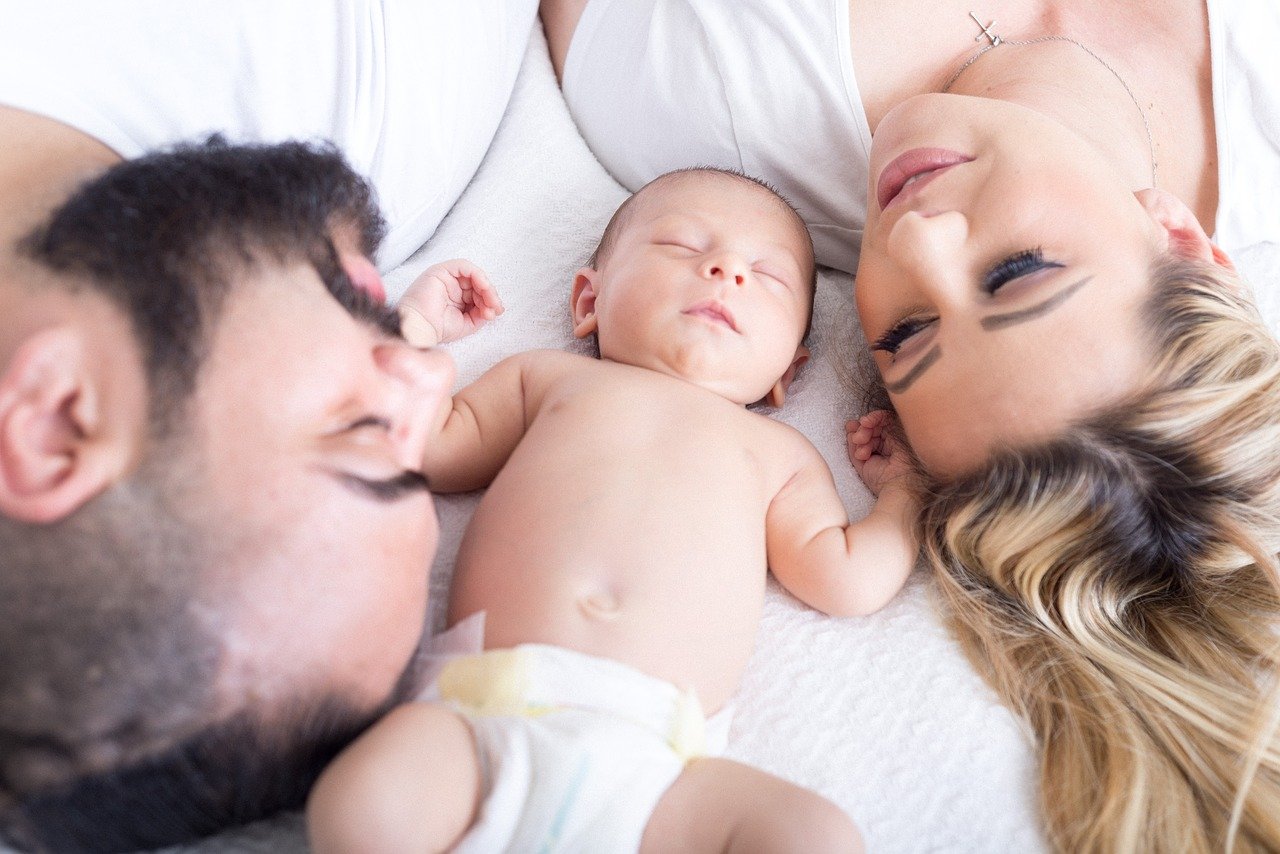If you are a first time mom, it would be difficult for you to care for your newborn baby. But, first of all hats off to you that you finished a big job of labor and delivery and now the beautiful result is in your hand. Your baby is finally with you, in your arms, after a long wait of 9 months and after a long labor. I should congratulate you first.
Now is a time when you are ready to go home with your little munchkin and ready to begin a new life with him. Now’s the time to start the bonding process with the newest member of your family. When you bring your baby home, you may not know what to do next, especially if you are a new parent. Here in this blog I can give you some tips to handle your baby.
During the first month, your newborn is just getting used to this big, strange new world. And you are getting used to taking care of his many needs.
Table of Contents
10 Tips to handle and take care of newborn babies.
Here are few tips that you can follow to take care of your little one.
1. Back to home
Before taking your baby to home, your baby is examined by the pediatrician, who will explain to you about your baby and will do a routine health checkup of baby. He/she will give you some tips about feeding and caring for baby. Some women find it difficult to breastfeed their babies therefore your health care provider can guide you and can give some tips to feed your baby.
You will be given a record book that is called baby health record, in which everything about your baby birth time date, weight, height and any other health issue will be mentioned. That book also record important information about the vaccination schedule of your baby.
Your baby will need regular health checkup during first month maybe at 2nd and 4th week. The doctor will ensure that your baby is growing well without any health issues.
2. Baby proofing the house
Before bringing your baby to home, it is important to ensure that baby proofing is already done at home. First few months baby can’t move much, but it’s important to keep away all the chemical fragrances, use clean bed sheets and towels, wash the curtains, rugs and sanitize your house for insects etc.
3. How to handle and care for newborn?
If you are a first time mom, it can be difficult for you to handle your baby and you can be afraid also. you should be thinking about how can you care for your newborn baby, but here are some tips to follow to make your task easy:
- Always wash your hands or sanitize them before handling your baby. And whoever is holding baby, make sure his hands are clean
- Support your baby’s head and neck with your hands while holding him
- Don’t shake your newborn
- Don’t play roughly with newborn, he is not ready yet.
4. How and when to give bath to your newborn baby?
You should not give bath to your baby on daily basis. A Bath 2 to 3 times a week is good enough.
Try to give sponge bath to baby until the umbilical cord falls off and the navel heals completely. It can take up to 4 weeks also.
5. How often to feed your newborn?
A newborn baby needs to be fed every 2 to 3 hours and If you’re breastfeeding then give your baby the chance to nurse about 10–20 minutes at each breast. Formula-feeding baby will most likely take about 2–3 ounces (60–90 milliliters) at each feeding. If your baby is sleeping for long hours, it is always recommended to wake him up every 2 to 3 hours for feeding.

6. Playing with newborn baby
You can communicate with your newborn using your voice, touch, sight and smell. Gentle touch, cuddling, smiling and gazing communicates important information about your newborn’s place in the world, and helps your newborn feel safe and secure with you.
You should
- Spend time with your baby
- Try massaging your baby, massage is a great way to create a bond with your new member
- Sing songs, lullabies, stories to your baby
- Play with newborn
- You can give tummy time also from 1 to 5 minutes
7. Diapering
It’s a tough job because newborn poops and pees a lot. They can dirty more than 10 diapers a day, yeah, that’s true, and this is a never ending task. Change your baby’s diaper often, and as soon as possible after bowel movements. Diaper rash is a common concern, gently clean that area with mild soap and apply a thick layer or diaper rash cream. Let the baby go undiapered for part of the day. This gives the skin a chance to air out.
8. Nail trimming
Nail trimming is an important part of your newborn care because babies have very sharp nails and they grow very fast. You may need to trim them every week or every 10 days. You can use nail clippers that are specially made for babies and safely trim their nails.
9. Burping your baby
You should burp your baby after every feed. Just hold your baby in upright position and gentle patting on the baby’s back will do the trick for you. If baby don’t burp after 5 minutes, lie down the baby on bed and try to burp him after some time. After a few minutes, carefully pick the baby up and try burping him again. Sometimes, lying down helps move the air bubbles around, making them easier to release. Baby who is not being burped can swallow too much air as a result they can spit up, or can be gassy.

10. Give comfort to your crying baby
Newborn cries a lot because that’s how they communicate. Sometimes you’ll know why your baby is crying. Sometimes you might not know why your baby is crying, but it’s still important to comfort him. Generally newborn cries if:
- They are hungry
- Want you to hold them
- Have a wet diaper
- Some gas related issue
- Felling hot or cold.
Comforting newborn will help them to feel safe and secure in this new environment. You can feed him to clam, pat his back, swaddle him, give a walk to him or experiment new ways to calm your baby.
When to seek for medical help
Here are few things that you should notice during this time and consult to your doctor if you find any of the symptoms
- baby is crying a lot more than 3 to 4 hours a day, he can be colic
- looking tired
- not sleeping enough
- If baby is not feeding properly
- unable to latch on nipple or breast
- not moving hands or legs
- If baby’s face is looking yellow
- having fever
- losing weight even after 10 days of birth
- unable to gain enough weight
- Not responding to loud voices





